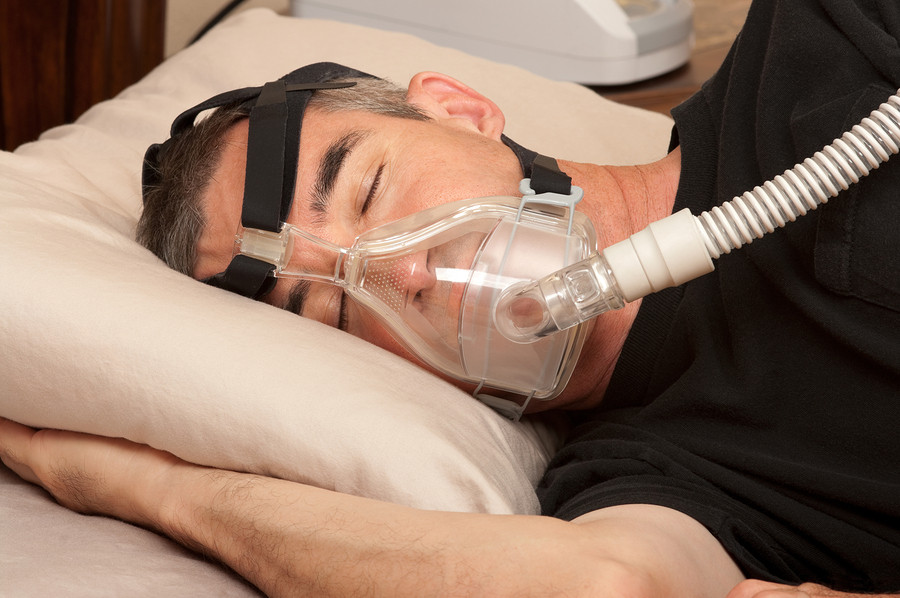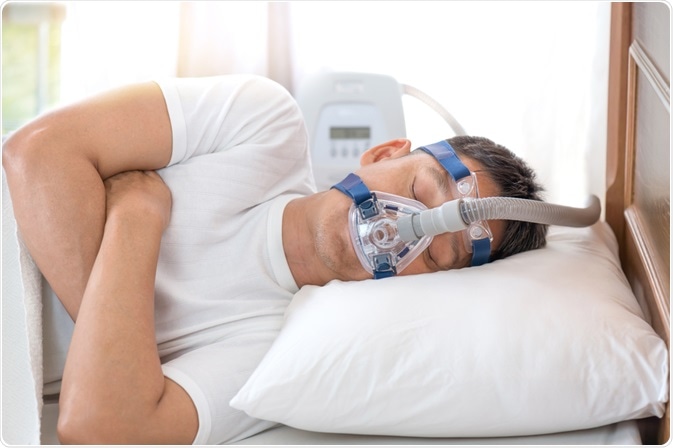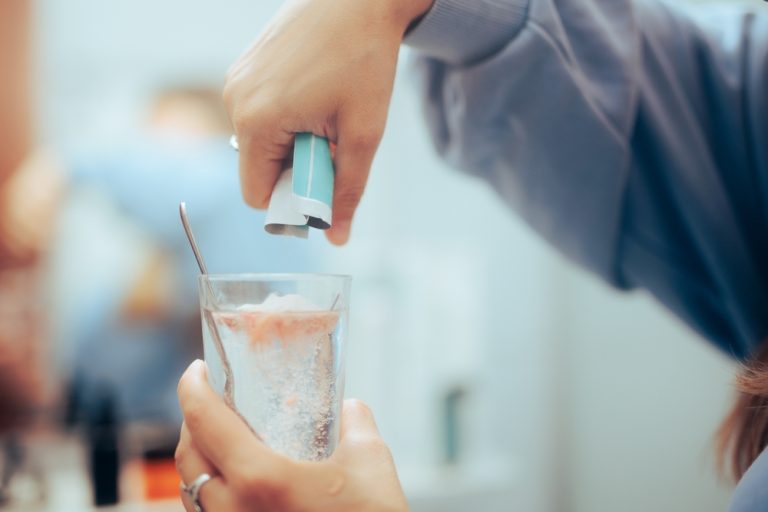
Millions of people all over suffer from snoring, a widespread problem that frequently disturbs everyday life and sleep. While some people find snoring to be benign, for others it may point to underlying medical problems. The type of snoring and any accompanying medical conditions mostly determine the anti snoring device to be chosen.
Understanding the Cause of Snoring
Knowing the cause of the snoring will enable one choose anti-snoring devices. Snoring causes in the throat vibrations by partially restricted airflow through your mouth and nose. Among the often occurring causes include nasal congestion, obesity, sleep apnea, and even airway structural issues. Whether your snoring relates to nasal congestion, throat muscular calmness, or a more severe condition like sleep apnea, can guide you toward the most appropriate therapy. For example, nasal strips or a nose dilator might be most beneficial if nasal congestion results in snoring.
Considering Nasal Issues
Many people snore because of obstructed or congested nasal passages. Asthma, sinus infections, or even a deviated septum can all affect airflow. Should nasal problems be the main cause of snoring, gadgets meant to increase nasal flow could provide relief. One easy solution to help open the nostrils and facilitate nose breathing is a nasal strip. Inserted into the nostrils, nasal dilators can also aid to extend the nasal passageways and rise airflow. Further relaxation and less snoring can come from using a humidifier in the bedroom or a saline nasal spray to help with congestion brought on by dryness or allergies.

Managing Weight-Related Snoring
Snoring and sleep apnea are far more likely among obese people. Extra fat around the neck and throat could block the airway, causing snoring. In these situations, long-term lifestyle modifications, including weight loss, are absolutely vital. Nevertheless, some anti-snoring gadgets can help control the problem even as one works towards weight loss. For those who are overweight and suffering from sleep apnea or snoring, CPAP devices and MADs can be successful fixes. Exercise, good nutrition, and water intake help weight management techniques complement the use of anti-snoring equipment and result in better general sleep quality and health.
Addressing Lifestyle Factors
Those with sleep apnea have to choose the right tools since untreated sleep apnea can cause major medical problems including high blood pressure, stroke, and heart disease. Often treating disruptive sleep apnea (OSA) is with a continuous positive airway pressure (CPAP) machine. This gadget keeps the airways open during sleep by always providing air, therefore avoiding disruptions in breathing. Simple devices like sleep positioners or chin straps can help people whose snoring is largely related to lifestyle.
Selecting the appropriate anti snoring device is a personal choice based on your underlying snoring cause as well as any accompanying medical issues. There is a gadget fit for your situation, whether your problems include weight, sleep apnea, nasal congestion, or lifestyle choices. Improving your sleep quality and general well-being requires you to solve the underlying cause of your snoring and choose a treatment that fits your health state.





